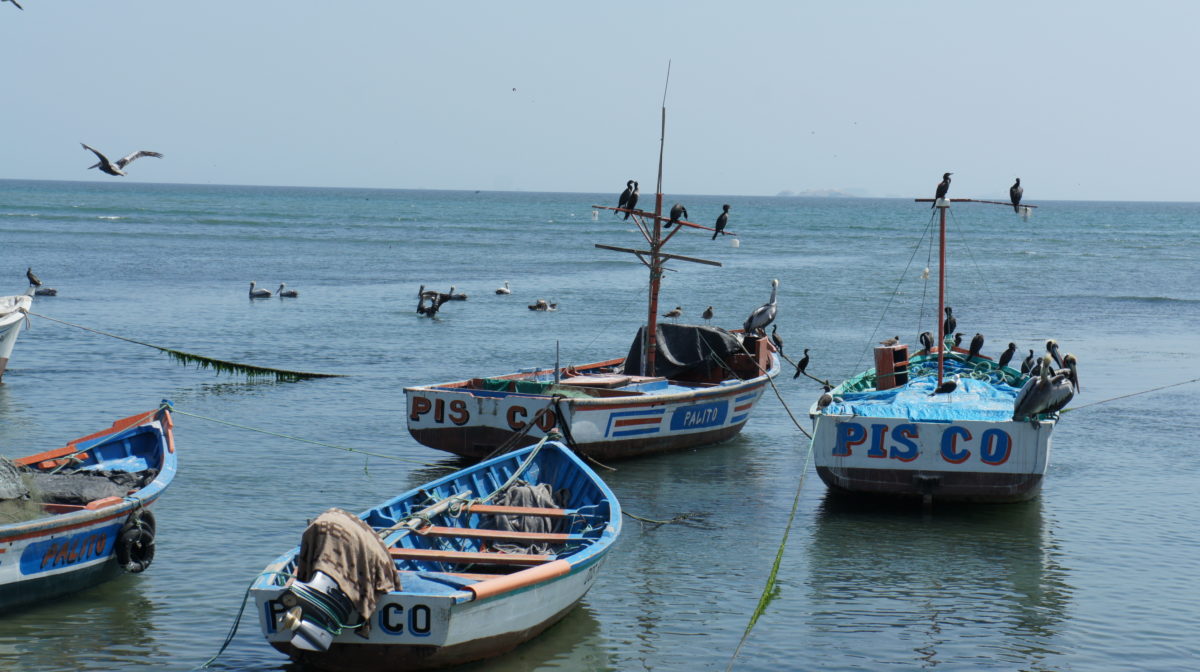Where did the name pisco come from?

The name pisco comes from the port city of the same name in the south of Peru.
Established more than 500 years ago, the port of Pisco was an important centre for the export of Peruvian wine and the grape-based spirit that went on to become known globally as ‘pisco’.
The origin of the word itself comes from the native Quechua word ‘pisqu’, which means ‘little bird’. This is significant because of the numerous species of birds found flying over the bay of Pisco, which later became the setting for port of Pisco. In addition to the birds flying around the bay, there were also numerous birds flying over the nearby skies of the Ica and Nazca valley.
During the time of the Nazca civilization one of the tribes in the region was renowned for their pottery skills, producing amphora-style clay vessels to store liquids, as well as to ferment chicha (corn mash beer), which is was the only alcoholic beverage attributable to the pre-Colombian Incas. The bay near where the potters lived and the regions around the bay attracted a large number of birds who fed off the abundant fish supply on the coast. Legend has it that Chuquimanco, the chief of one of Nazca tribes, was so inspired by the numerous birds flying over the nearby skies of the Nazca valley he decided to name his tribe ‘pisqu’, which is the Quechua work for bird. The same name was later given to the valley where the potters’ lived, the river that ran through the valley, and eventually the Port town located in the bay at the mouth of the river
Over time, the Spanish conquistadors changed the pronunciation of the Quechua word to ‘pisco’. As more people began travelling between Europe and the East Coast of the America via sea, there we regular stops into the Peruvian port to replenish supplies on the long sea voyage. The early exports of the distilled grape spirit were shipped in boxes labelled ‘de pisco’, which translates to ‘of pisco’ – a reference to the port of origin of the traded goods. Over time people began to refer to the product as ‘pisco’. The name caught on and the spirit became known as ‘pisco’ in Peru and around the world.

